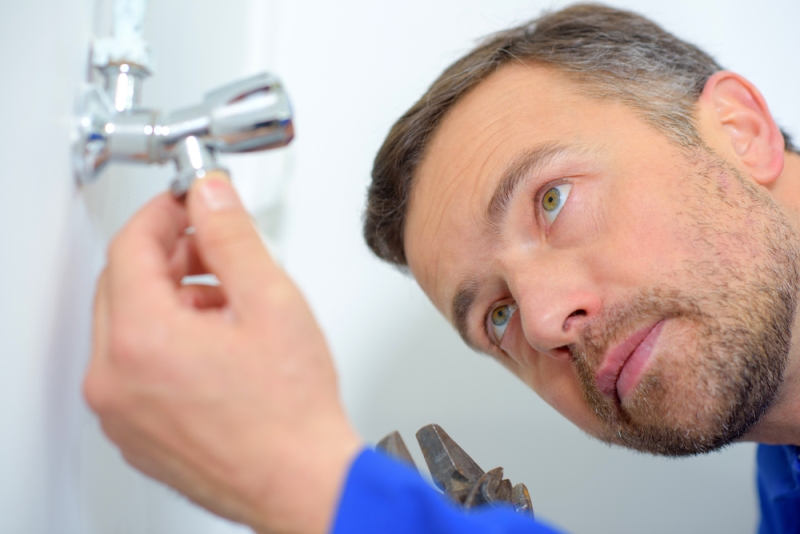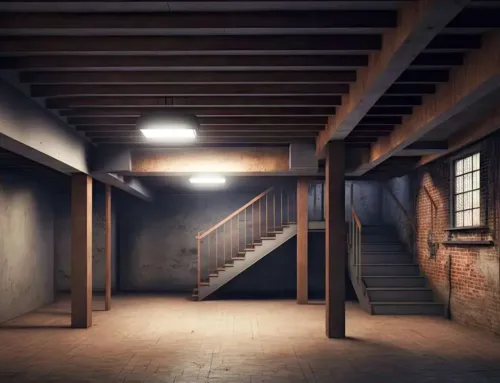Home inspections are common before homeowners sell their homes. They help protect the buyer by ensuring they are aware of any potential property problems. While most buyers and sellers are aware of what is included in a home inspection report, they may not be aware of what fixes are mandatory after a home inspection is completed.
In this blog post, we will discuss what repairs sellers are typically required to make after a home inspection has been completed.
What Fixes are Mandatory After a Home Inspection?
Legally, a home inspection does not constitute a mandatory fix. However, certain repairs may be necessary to make the property habitable for the buyer. This includes any repair that addresses a health hazard or major structural risk to the property.
Major problems that should be addressed include:
- Mold
- Water damage
- Pest or animal infestations
- Fire or electrical hazards
- Toxic materials (e.g., asbestos, lead paint)
- Building code violations
- Structural hazards
Keep in mind that some states, like Florida, have what’s called an “as-is” contract. This type of contract releases the seller from any responsibility to make repairs. So, it’s important to know the laws in your state before entering into any agreement.
Do Sellers Have to Fix Everything on Home Inspections Report?
Sellers are not obligated to make cosmetic repairs, such as painting or fixing a leaky faucet. However, it is often in the seller’s best interest to make all requested repairs, as this will increase the likelihood of the sale going through. If you’re a seller who has received a home inspection report, go over it carefully with your real estate agent to determine which repairs are worth making.
It’s also worth noting that there is a distinction between repairs that a buyer asks for and those that a lender or insurance company requires for underwriting a mortgage. In some cases, what might be considered mandatory by one party may not be seen as such by another.
Protection for Buyers in Home Inspection Process
So, what can you do to protect yourself during the home-buying process? First, if you’re working with a real estate agent, ask them to be present during the home inspection. You can then clarify what the inspector is talking about and what repairs (if any) need to be made.
Additionally, many home inspectors will give you a report that’s easy to understand; however, if you have questions about what you’re reading, don’t hesitate to ask the inspector to explain it further or provide additional detail.
As well, keep in mind that many home inspectors are generalists. If they note something which may be a concern, they may recommend that you consult with a specialist. For example, if your home inspector notes possible water damage, they may recommend that you bring in a plumber or waterproofing expert to take a closer look.
Finally, remember that while home inspectors can tell you what condition a house is in, they can’t tell you what it will cost to fix any problems they find. To avoid wasting your time and money, get estimates from contractors before you make an offer.

Protection for Sellers in Home Inspection Process
For sellers, there is some protection during the home inspection process. First, many home inspectors recommend that buyers get a general home inspection and a separate inspection for any systems or components they’re particularly concerned about. By doing this, buyers can concentrate on the items they value most when negotiating.
Second, sellers are not obligated to fix everything that an inspector finds. In fact, it’s not uncommon for buyers to ask for repairs that are cosmetic or that the seller doesn’t believe are necessary. As a result, sellers will often counter with a list of their requested repairs.
It’s important to remember that home inspection fixes are negotiable. Buyers and sellers can (and should) agree on what repairs are “mandatory” and which ones are not. In some cases, the buyer may be willing to forego certain repairs in exchange for a lower purchase price.
Understanding Home Inspection Fixes
Home inspection fixes are any necessary repairs identified during a home inspection that the seller is obligated to complete before selling the house. State laws and the terms of the sales contract may require sellers to make all necessary repairs or only those that are essential to the home’s safety.
The best way to determine what home inspection fixes must be completed is to consult your state’s real estate commission or department of consumer affairs. You can also ask a real estate attorney in your area for guidance.
If you’re looking for a home inspection in California, Elite Group Home Inspections can help. We have over 15 years of experience and can provide a detailed home inspection report that will give your buyers, or you, peace of mind.







